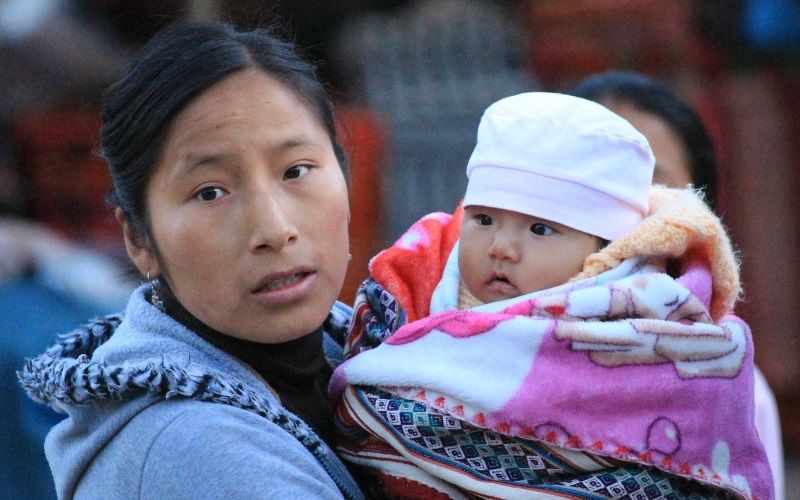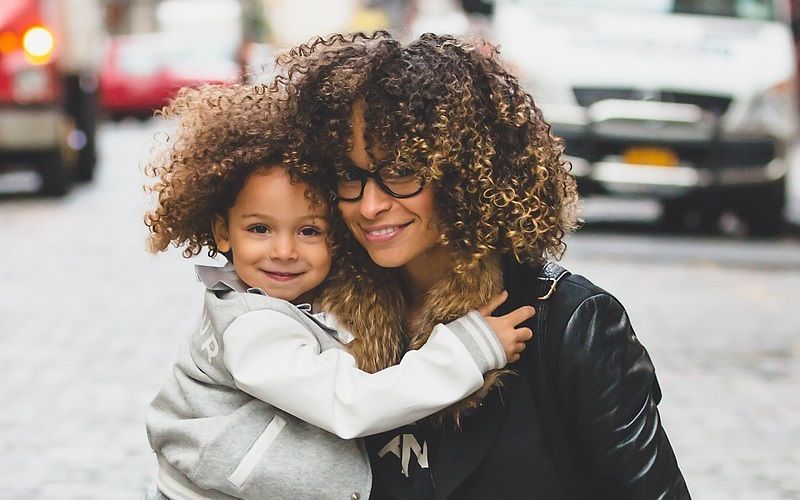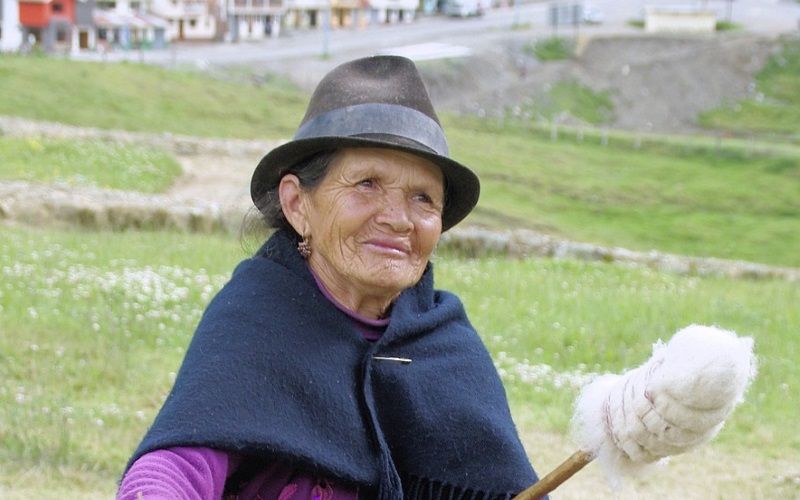You won’t be the first person to learn Spanish in Latin America! In fact, with the region’s rich migrant history, you’ll follow the footsteps of the following Latin American communities:
Japanese-Peruvians

Aside from former president-turned-authoritarian, Alberto Fujimori, Peru is home to more than a few people of Japanese origin. In fact, almost 100,000 Peruvians have Japanese heritage, second only to Brazil with 1.5 million. Peru was the first country in Latin America to receive Japanese migrants in the late 19th century.
Afro-everyone

With roots in the slave trade, the history of Latin America’s Afro population is far from positive. That said, today things are slowly but surely improving for this huge and important community. It should also be noted that Afro-Latinos have given a lot to Latin American culture, from capoeira in Brazil to the rhythms of salsa in Cuba, and much more.
Jewish-Argentines

Buenos Aires is home to the Southern Hemisphere’s largest Jewish community. In the barrio of Once and beyond you’ll find Jewish Argentines of all types, Orthodox to reformists, traditionalist to new-age Jews.
Indigenous Amazonians

Having suffered under the heavy hand of European colonizers for centuries, indigenous communities had to learn Spanish in Latin America the hard way. Fortunately today, indigenous communities like those in Ecuador’s Amazon are fighting back and moving forward, with growing economic strength and pride in their heritage.
Originally published on Ailola by Jayson McNamara on February 10, 2016.
